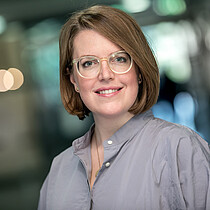The Executive MBA programme has been specifically designed to offer a comprehensive and solid understanding of all functional areas of global business. The first year of the programme is structured into two modules, focusing on the development of analytical skills and critical thinking. The following half-year is devoted to leadership issues, allowing students to customise their experience. RSM’s Executive MBA curriculum is continuously adapted and modified to reflect the latest global trends. In terms of elective courses, you can choose up to three in total during Module 2. This is an opportunity to focus on the areas and topics that are most interesting to you and allows for a deep dive into a particular subject if you choose to do so.
- Last update:
- Thursday, 21 March 2024
